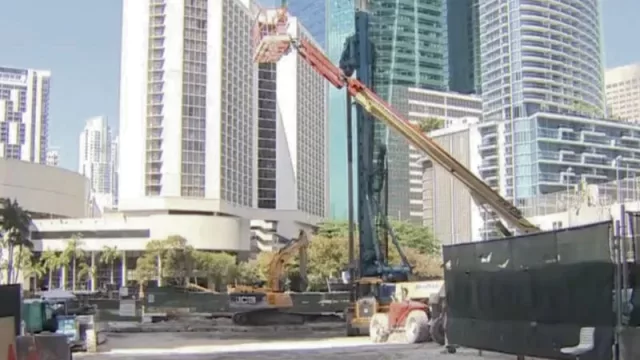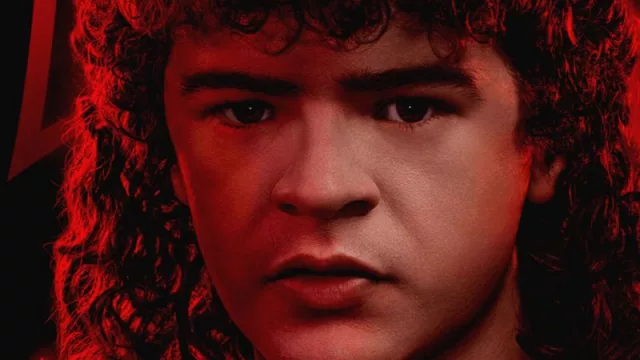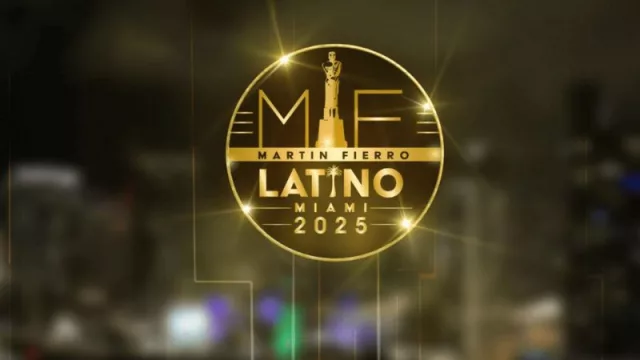The discovery site was built about 2,500 years ago and is believed to have been part of a Tequesta settlement. Independent experts and the city's Historic Preservation Office have jointly conducted an analysis that concludes that the site is important enough to merit protection under local laws.
It is believed to have been part of a Tequesta tribe settlement and was built about 2,500 years ago. It includes thousands of artifacts and human remains, with some evidence of native occupation dating back 7,000 years. Experts argue that the Brickell discoveries could be the most significant of a series of archaeological finds made at the mouth of the Miami River in the last 25 years.
If the city's historic preservation authorities accept the presentation's conclusions, a vote could be held to launch a formal designation review that would freeze permits and construction on most of the property until a final determination can be made on the merits. This process can take weeks, or even months.
The move could jeopardize Related Group's long-term plans to build three residential skyscrapers on the site, located west of the Brickell Avenue bridge. The company paid $104 million for the property in 2013 and received a $164 million construction loan for the first phase of the project, an apartment tower.
Very close to there, and on the banks of the river that gives its name to a city that turned 125 years old in 2021, and in which 54% of its inhabitants are born elsewhere, is the Miami Circle.
It is a circle of stones also discovered as a result of real estate development and whose construction is also attributed to the "complex and stratified" Tequesta society.
Teams of archaeologists have been quietly and carefully excavating for at least 16 months on one of the two plots where Related Group plans to build, unearthing about 350 holes for posts carved into the limestone bed that probably mark the foundations of prehistoric structures. So far, the excavation has been carried out at the site of the former US Customs headquarters. A second building that houses the Capital Grille restaurant, at 444 Brickell, is still standing, but will eventually be demolished and excavated.
The findings at the related site also show that the Tequesta people on the river, the tribe's main settlement, were larger than previously thought. Spanish accounts placed the settlement only on the north bank of the river, but the findings indicate that at its height, it extended on both banks of the river.
Among the discoveries at the site are holes for posts excavated into the rocky bed to support buildings and walkways, as well as animal bones and shells, seeds and wood, fragments of ceramics and stone tools used to make canoes and wooden structures. The new animal findings are probably evidence of ancient parties and ceremonies at the site.












Tu opinión enriquece este artículo: